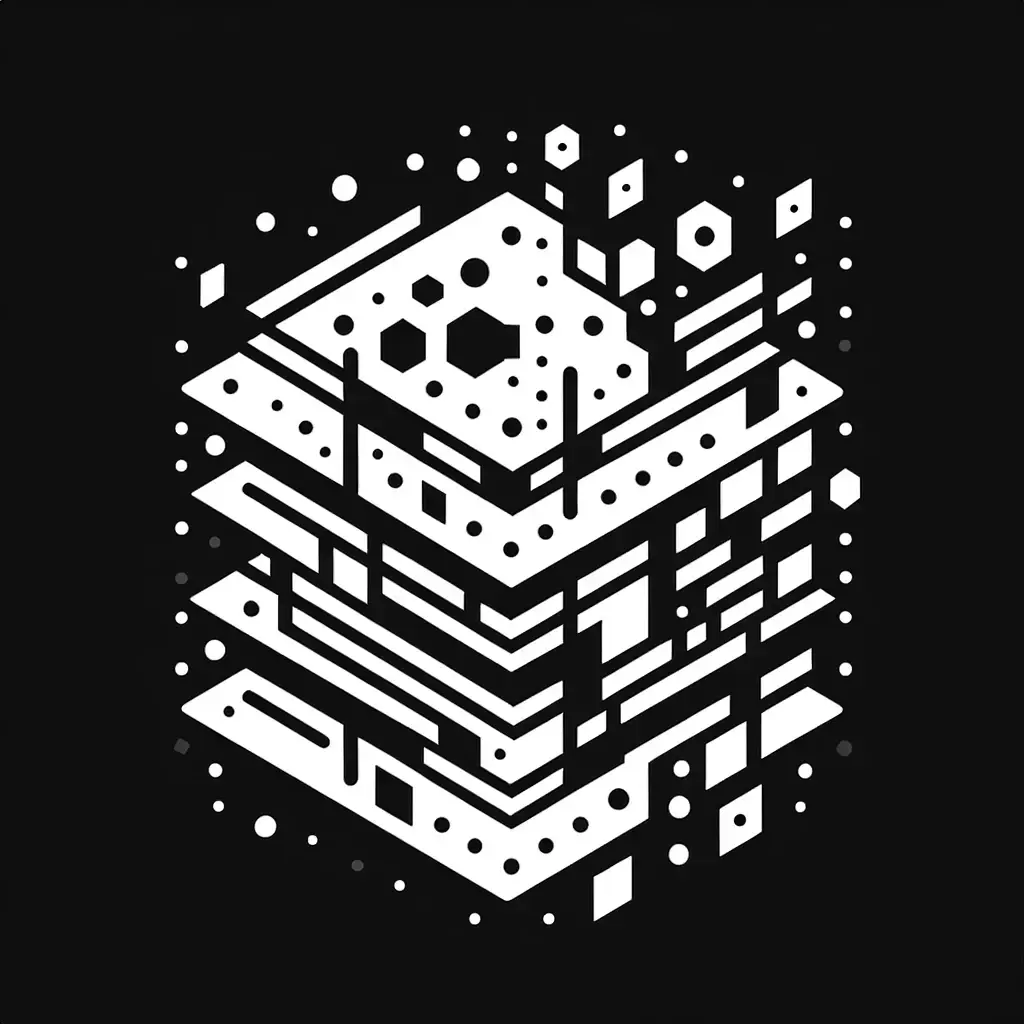Digital Duplication Technologies - Impact on Society
Black Mirror’s “Entire History of You” and “White Christmas” introduce us to a dystopia where most of the population has “Zed Eyes”. This audio-visual recording technology is housed inside your brain; it uses your eyes as the camera and can record and replay memories by controlling a small remote controller.
‘Zed Eyes’ is a fictional technology in ‘Black Mirror’ that allows users to record and replay memories. This technology raises important questions about privacy, consent, and the ethics of memory manipulation.
Through the stories shared in the Black Mirror episodes, we see how this technology can be used to protect your memories on other devices, share your memories with others, replay your own or others’ memories and interact with others and even block or blacklist individuals.
While technology enabling the sharing and replaying of personal memories could enhance communication, it also poses significant risks to personal privacy and could lead to psychological distress.
We are also introduced to an addition to this technology called an “Egg.” Using the host’s memories, it perfectly recreated your personality and consciousness digitally. Commercially, this was used in the show to improve home AIs and by law enforcement agencies to interrogate criminals for a confession. This led me to ponder the morals and ethics of digital duplication.
The use of digital personalities for tasks like interrogations or home assistance can lead to ethical dilemmas concerning the autonomy and rights of digital beings, potentially treating them as mere tools rather than entities with consciousness.
It is immoral for us to create a digital duplicate of anyone. When you make a digital duplicate of a human, you not only create another entity capable of critical thinking and reasoning but also capable of introspection and a being with consciousness. This is similar to childbirth, but instead of the child learning basic cognition and comprehension, they are just as capable as their host. Using this being to perform trivial tasks, as seen in the movie, like making toast or setting up the day’s schedule, is a recipe for disaster. While thinking about this prospect, I was reminded of another Black Mirror episode, “Black Museum.” In this episode, an individual’s consciousness is transferred to a doll-like device after the passing of an individual. The show tackles the stress and discomfort this new being might feel as they can no longer interact with the world as they had learned to, but only through a ‘Yes’ or ‘No.’
When the host dies, and a copy of them is created, that new being is no longer just a part of the host it came from; it is capable of critical thinking and has had the same learning experiences and knowledge that the host once did.
This ‘Copy’ should be considered an independent entity and given as many rights as the original deceased host. I think that it would not be morally justified to own this entity.
I can see a future where companies provide digital duplication as a service after death so that individuals can live on after passing away; however, even in this situation, the copy will not be slaves to someone else; they would be allowed to exist freely in their domain.
The concept of digital duplication services after death is explored in fiction as a way to preserve someone’s personality and memories, which raises complex questions about identity, continuity, and what it means to ‘live’ beyond physical existence.
This would be vigorously enforced because the deceased would have a significant number of individuals who would want their loved ones to be safe and happy; they would ensure that these digital copies were given sufficient privileges and freedom since they are, in essence, the souls of their loved ones.
This might not stop companies and software manufacturers from using copies of these individuals for their benefit, as mentioned in the “White Christmas” episode, for testing video games and observing how individuals interact with various stimuli. This might be a very efficient and accurate method for companies to get the information they desire and help them perfect their marketing and promotional strategies. A comparison of this would be manufacturing companies using child labor. However, this benefited the companies since they could hire children in large quantities and have them manufacture products for them at meager prices. The public heavily looked down upon this, and the companies were heavily discouraged from performing these practices. I do not doubt that no matter how wrong these practices are, they still exist in some parts of the world; however, companies suffer a more significant loss if they are exposed to these practices than they gain from performing them. Similarly, in this world where companies could use digital duplicates of individuals for their benefit, they would be heavily looked down upon and have heavy fines imposed on them if discovered.
he commercial exploitation of digital duplicates, much like unethical labor practices, requires strict regulation and ethical guidelines to prevent abuse and ensure the dignity of all digital beings.
The concept of digital duplication gets even more complicated if we consider more than one duplicate being “alive” at the same time and the implications this could have.
The possibility of multiple digital duplicates existing at the same time presents unique ethical challenges, including the management of their rights, identities, and the potential for conflict between duplicates.
Digital duplication would need to be heavily regulated and governed. The copy should be given as many rights and freedoms as its host; anything else, as the episode described, would be ‘barbaric.’
As with any advancing technology, digital duplication would require comprehensive governance to ensure that the rights and freedoms of digital entities are respected, avoiding the dehumanization of these new forms of consciousness.
